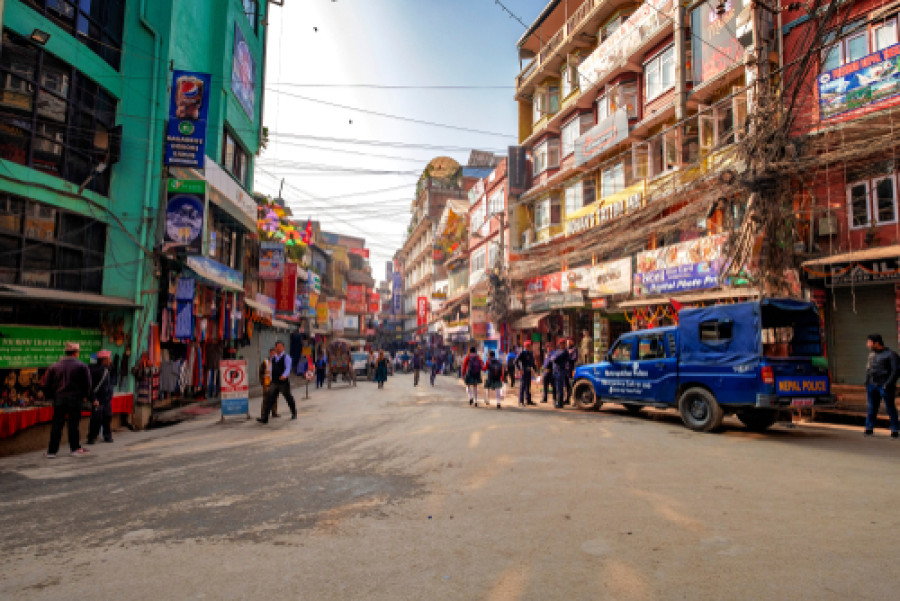National
Police are failing rape victims, new human rights commission report says
Nepal’s criminal justice system continues to make access to justice complicated and challenging for victims of rape, according to the report.
Bhrikuti Rai
Despite an increase in the number of reported rape cases in Nepal, rape victims are repeatedly let down by the police, a damning new human rights report says.
Human rights activists have frequently said that young Nepali girls and women who report rape, now estimated to be over a thousand each year, face an insensitive police force that comprises mostly male officers who are woefully undertrained when it comes to dealing with survivors of sexual violence, a majority of whom are minors. And now, a study on rape victims’ access to justice and police accountability in ensuring the same, released on Monday by the National Human Rights Commission, confirms what rights activists have said for years.
“Rape victims in Nepal have not received justice,” said commission member Mohna Ansari at the launch of the report. “For victims, access to justice is complicated and challenging and the Nepal Police needs to do better.”
The report’s findings—based on a year-long study of reported rape cases, public hearings with rape victims and authorities, as well consultation with experts—point out Nepal Police’s failure to protect rape victims and its ineptitude in evidence collection and investigation. The report goes on to say that the police, which is the first point of contact for victims of sexual violence to seek justice, needs to strengthen these capacities within the force, while also ensuring that officers are sensitive to victims of such traumatic incidents.
According to Nepal Police, there has been a sharp increase in the percentage of reported rapes in the country. Ten years ago, 309 rape cases were reported to the police. That number has increased nearly four fold in the past decade, resulting in 1,480 reported rape cases last year.
This isn’t the first time the Commission has expressed frustration over the police’s handling of rape victims, which came under wider scrutiny after the rape and murder of 13-year-old Nirmala Pant in 2018. Three years ago, the Commission had written to the police requesting that the body be informed about reported rape cases so that they could closely monitor human rights violations. But a few months after sending updates, the police stopped correspondence, making the commission’s work more difficult.
Pant’s death led to a stringent re-examination of the police’s handling of rape cases in Nepal. Last September, two months after Pant’s gruesome murder and several mass protests, Nepal Police formed a committee to probe the workings of officers involved in the investigation, which many say was botched from the very beginning.
High up on the findings of the committee was the police’s “inability to create a victim-friendly environment.” When it formulated its gender policy in 2013, that is exactly what the Nepali Police had set out to do—make the institution and its officers more victim-friendly, especially in cases of rape- and gender-based violence.
But at Monday’s report launch, Inspector General of Police Sarbendra Khanal, while admitting to shortcomings, defended Nepal Police, saying it had come a long way in changing the way it handles cases of sexual violence.
“We are expected to do everything, but not given the resources or the rights,” Khanal told a full audience at the human rights commission hall. “And then accountability is only sought from us.”
Khanal further said that the police was committed to strengthening its capacity to improve investigations and has trained more officers than in the past, to investigate crime scenes as well as established data centres and labs.
The Commission’s report had also mentioned how the police is sometimes complicit in facilitating mediation between the perpetrators and victims. But Khanal brushed off that allegation, saying that the police had zero tolerance for such behaviour, despite recent media reports which say otherwise.
“We will take stern action against officers reported to be involved in such mediation,” said Khanal. “We are committed and accountable where necessary.”




 11.12°C Kathmandu
11.12°C Kathmandu














